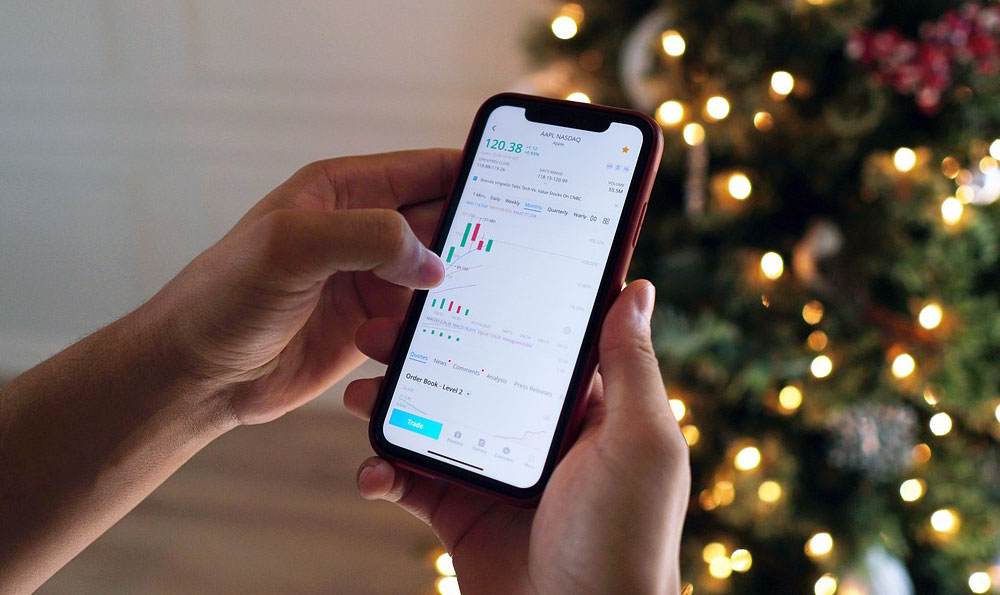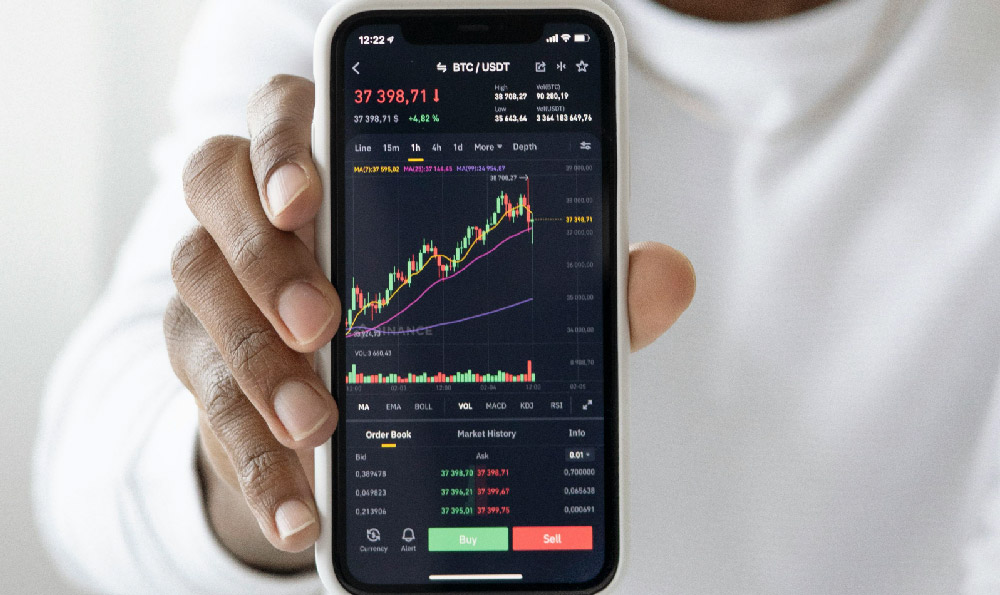Ibotta has become a household name for savvy shoppers looking to save money on everyday purchases. While users enjoy cash back and rebates, the question of how Ibotta itself makes money is crucial to understanding its sustainability and long-term prospects. The answer lies in a multi-faceted business model that leverages data, partnerships, and strategic positioning within the retail ecosystem.
The primary source of Ibotta's revenue stems from commissions earned through partnerships with brands and retailers. These companies pay Ibotta a fee for driving sales of their products. Essentially, Ibotta acts as a performance-based marketing platform. Instead of charging brands upfront for advertising that may or may not yield results, Ibotta only gets paid when a user successfully redeems an offer for a particular product. This performance-driven model is attractive to brands because it directly correlates marketing spend with tangible sales increases. The commission rates vary based on the product category, the brand's marketing budget, and the specific terms of the agreement between Ibotta and the partner. Brands are willing to pay these commissions because Ibotta provides a targeted audience of active shoppers actively seeking deals and discounts. They see Ibotta as an effective channel to influence purchasing decisions and gain market share.
Beyond simple commission-based sales, Ibotta also generates revenue through data analytics. The platform collects a wealth of information about consumer behavior, including purchasing habits, product preferences, and demographic data. This anonymized and aggregated data is incredibly valuable to brands and retailers looking to optimize their marketing strategies, develop new products, and better understand their target audience. By selling insights derived from this data, Ibotta unlocks another significant revenue stream. While user privacy is paramount, Ibotta ensures that all data is anonymized and compliant with privacy regulations before being shared with its partners. This data-driven approach allows brands to refine their marketing campaigns, improve product placement, and ultimately drive higher sales. Imagine a cereal manufacturer learning that Ibotta users who buy their product also frequently purchase a specific type of milk. They can then tailor their advertising or even create bundled offers to capitalize on this consumer behavior.

Furthermore, Ibotta's business model benefits from network effects. As the number of users on the platform grows, it becomes increasingly attractive to brands and retailers, leading to more offers and higher commission rates. Conversely, as the number of offers increases, more users are drawn to the platform, creating a virtuous cycle of growth. This network effect creates a significant competitive advantage for Ibotta, making it difficult for new entrants to replicate their success. The larger the user base, the more data Ibotta collects, leading to more valuable insights for brands and ultimately driving more revenue. This self-reinforcing dynamic helps Ibotta solidify its position as a leading cash-back and rewards platform.
Another subtle yet important aspect of Ibotta's revenue generation is breakage, or the unredeemed rebates. Not all users who claim an offer actually follow through and redeem it. This can be due to various reasons, such as forgetting to submit the receipt, not meeting the purchase requirements, or simply changing their mind. While Ibotta encourages users to redeem their offers, the unredeemed portion contributes to their bottom line. While breakage is a factor, it is important to note that Ibotta's primary focus is on driving successful redemptions and building long-term relationships with its users and partners. Breakage is more of a byproduct of the system rather than a core revenue strategy.
Finally, Ibotta has expanded its offerings to include in-app advertising and partnerships with financial institutions. Brands can pay to have their products featured more prominently within the Ibotta app, increasing visibility and driving sales. These premium placements command higher advertising rates. Ibotta has also partnered with banks and credit card companies to offer cash back rewards to their customers through the Ibotta platform. These partnerships create a new channel for user acquisition and revenue generation. By integrating with existing financial institutions, Ibotta expands its reach and taps into a new pool of potential users.
In conclusion, Ibotta's revenue generation is not solely reliant on cash back redemption. It leverages a sophisticated business model that combines performance-based marketing, data analytics, network effects, and strategic partnerships. This multi-faceted approach allows Ibotta to generate revenue from various sources, ensuring its long-term sustainability and growth. The company effectively positions itself as a valuable intermediary between brands and consumers, providing benefits to both sides of the equation. Brands gain access to a targeted audience and valuable data insights, while consumers enjoy cash back rewards on their everyday purchases. This win-win proposition is the key to Ibotta's success and its continued prominence in the retail landscape. The company's constant evolution, exploring new avenues for partnerships and data utilization, also shows its ability to adapt to the changing needs of the marketplace.












